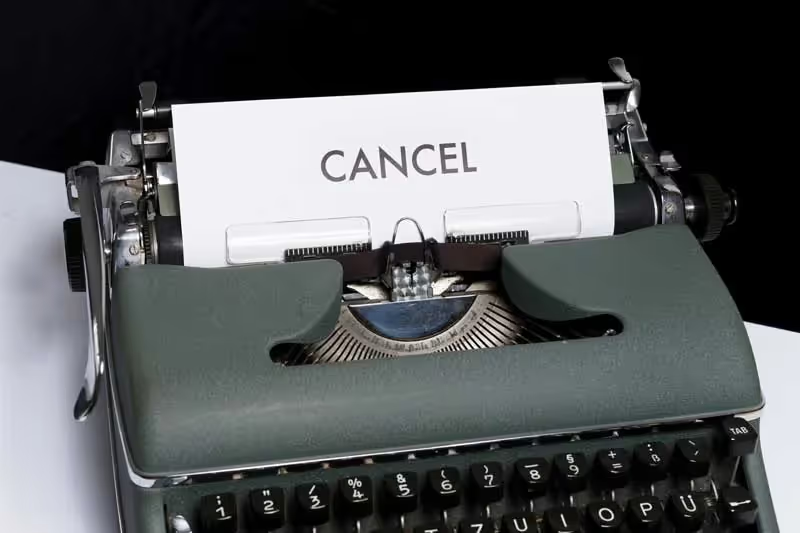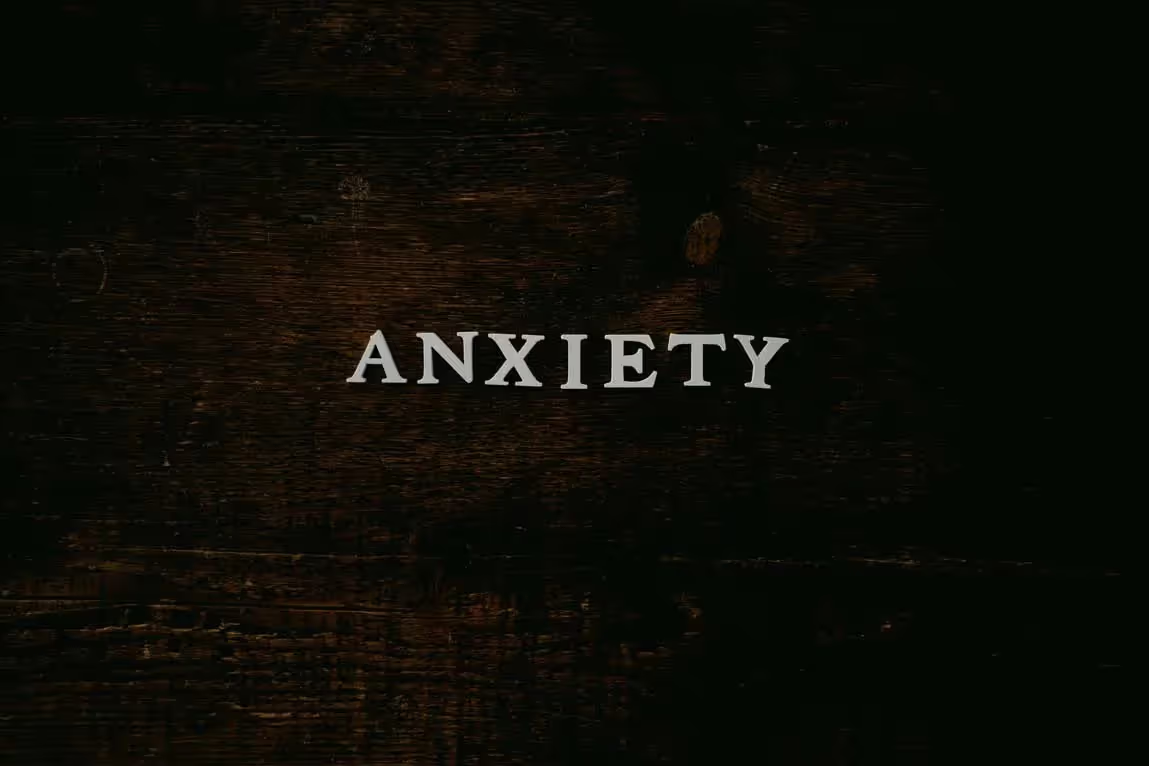It can be hard to say no when someone asks us to do something.We might feel like we're letting them down, or that we're not good enough for the task.But...

It can be hard to say no when someone asks us to do something.
We might feel like we're letting them down, or that we're not good enough for the task.
But sometimes, our anxiety can get in the way and make it impossible for us to follow through on our commitments.
Here are a few tips on how to cancel plans gracefully, without letting your anxiety take over.
If you're feeling anxious about an upcoming event or commitment, it's important to listen to your body and mind.
Don't try to push through the anxiety – this will only make it worse. Sometimes people lie to themselves and say they're okay when they're really not.
But if you're honest with yourself, you'll be able to make a more informed decision about whether or not you can handle the commitment.
If you're really not up for it, it's better to cancel than to try and force yourself to go through with it. This is important to remember when learning how to cancel plans due to anxiety.

Once you've decided to cancel, it's important to be honest with the other person. Let them know that you're sorry but you won't be able to make it.
Don't try to make up excuses or lie about why you're canceling. Proper ways you can phrase it are:
Don't feel guilty. It's important not to beat yourself up about canceling. You're allowed to change your mind and you're allowed to put your mental health first.
Try to remind yourself that you're doing the best you can and that this isn't permanent.
If you need to, take some time for yourself to recover from the anxiety before committing to anything else. Being honest is an important step when learning how to cancel plans due to anxiety.
If you're canceling on someone last minute, it's always a good idea to offer an alternative date or time.
This way, you're still showing that you care about the commitment and you're not just flaking out.
It's a good way to show that you're still interested, even if you can't make it this time.
"Hey, I'm sorry but I won't be able to make our coffee date tomorrow. Would you be interested in meeting up next week instead?"
"I won't be able to make our lunch date, but how about dinner instead?"
These are a few ideas when you need to cancel plans due to anxiety.
When you're canceling plans, it's important not to over-explain yourself.
You don't need to go into detail about your anxiety or why you're canceling.
Keep it short, sweet, and to the point. The other person doesn't need to know all the intimate details of your mental health – they just need to know that you can't make it.
It can be exhausting to cancel plans due to anxiety, especially when you have anxiety. But it's important to put your mental health first.

If you're feeling anxious about an upcoming event or commitment, it's important to listen to your body and mind.
Don't be hard on yourself – you're allowed to cancel plans, and you're doing what's best for your mental health.
Take some time for yourself, breathe, and remember that this isn't permanent.
You got this.
Many of us experience anxiety at some point in our lives, whether it's in response to a stressful event or due to an underlying condition.
For some people, anxiety can be so debilitating that it interferes with their ability to lead a normal life. If you suffer from anxiety, you may find it difficult to commit to plans, cancel appointments, or even leave the house.
While it's important to respect your limits, it's also important to remember that social interaction can be beneficial for your mental health.
Talking to your friends and family about your anxiety can help you to feel more supported and understood, and it can also help to reduce the stigma surrounding mental illness.
If you're feeling anxious about an upcoming event, try to open up to your loved ones about your concerns.
They may be able to offer reassurance or suggestions that can help you to feel more comfortable.
Is it better to cancel plans or just not show up?
It is always better to cancel plans rather than just not showing up.
If you don't show up, the other person is left wondering what happened and if you're okay.
When you cancel, you're being upfront and honest about the situation.
I have anxiety and I don't want to cancel my plans, what should I do?
If you're feeling anxious about an upcoming event or commitment, it's important to listen to your body and mind.
Don't try to push through the anxiety – this will only make it worse. Sometimes people with anxiety need to cancel plans to take care of themselves.
It's okay to put your mental health first.
I canceled my plans because of anxiety and now I feel guilty, what should I do?
It's important not to beat yourself up about canceling. You're allowed to change your mind and you're allowed to put your mental health first.
Try to remind yourself that you're doing the best you can and that this isn't permanent.
If you need to, take some time for yourself to recover from the anxiety before committing to anything else.
If you find that you're constantly canceling plans due to anxiety, it might be time to seek professional help.
Anxiety can be a debilitating disorder, but there are treatments available that can help.
Don't be afraid to reach out for help if you're struggling.
The information presented in this blog post should be used for informational purposes only. This blog post should not be used as a substitute for official medical advice from a licensed professional.
Canceling plans due to anxiety is nothing to be ashamed of. You're allowed to put your mental health first.
If you find yourself canceling plans often, it might be time to seek professional help for your anxiety.
Don't beat yourself up for prioritizing your mental health – you're doing the best you can.
Remember – you're not alone in this.
Other activities which have been found helpful in reducing both immediate feelings of anxiousness and long-term anxieties associated with chronic disorders include yoga, journaling, nature walks, art therapy, volunteering, and other low-stress activities. Additionally, developing a healthy lifestyle incorporating adequate sleep, physical activity, and nutritious meals can help reduce overall stress levels.
Addressing anxiety is crucial because it can significantly impact your quality of life and overall well-being. Left untreated, anxiety can lead to more severe mental health issues, relationship problems, and difficulty functioning in daily life.
It's important that you feel comfortable discussing personal matters with your therapist in order to open up and get more out of therapy sessions; therefore finding someone who meets certain criteria like experience level, expertise areas, and personality is key when selecting a therapist who can give meaningful feedback about how best handle issues related to anxiety or other mental health concerns.
Yes, Medicaid provides insurance coverage for therapy services specifically designed to help individuals struggling with anxiety, depression, and other mental health conditions.
To reduce your anxiety, you can practice relaxation techniques such as deep breathing, progressive muscle relaxation, guided imagery, and mindfulness practices. Additionally, regular exercise has been found to be beneficial in managing stress and improving mental health.
The duration of anxiety counseling varies for each individual, depending on the severity of their anxiety and their progress in therapy. Our therapists will regularly assess your progress and adjust your treatment plan as needed.